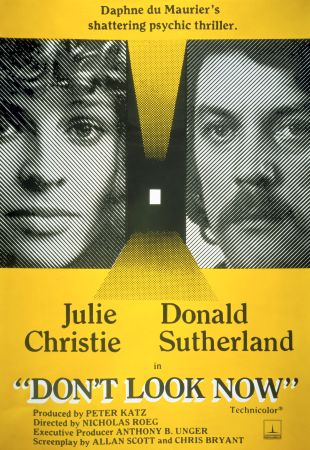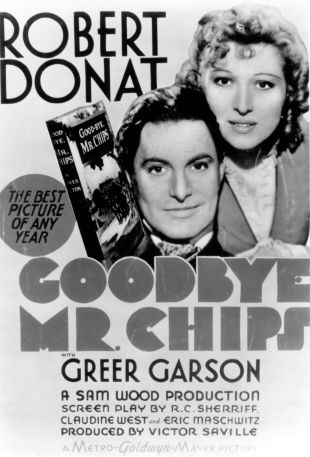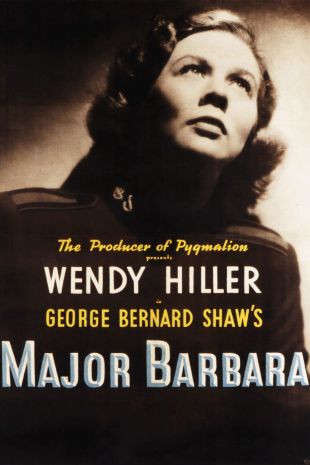David Tree came into this world with about as fine an acting pedigree as anyone in history, and only a war injury prevented him from enjoying a longer, more important career on-stage or before the cameras. Born David Tree Parsons, he was the son of Alan Leonard Romaine Parsons and Viola Tree, who was the daughter of England's foremost actor of the late 19th century and early 20th century, Sir Herbert Beerbohm Tree and of Lady Tree. Born in 1915, Tree amassed several good acting credits as a boy, making his debut, at age six, with a role in his mother's revival of The Tempest. He was educated at Eton and made his adult acting debut in 1934 in Antony and Cleopatra. Over the next few years, Tree worked at the Old Vic, the repertory company of the Playhouse, Oxford, and other companies. He was well received critically for his portrayals of Ferdinand in The Tempest and Feste in Twelfth Night, among other roles. He entered films in the mid-'30s and, from the outset, had a promising future onscreen, starting with important supporting roles in movies such as The Return of the Scarlet Pimpernel (1937) and Zoltan Korda's The Drum (1938), in which he played the key role of Lt. Escott. His screen career accelerated considerably when he was cast in Gabriel Pascal's production of George Bernard Shaw's Pygmalion (1938) (co-directed by Anthony Asquith) as Freddy Eynsford-Hill, who becomes the romantic partner of Wendy Hiller's Eliza Doolittle. Asquith later used Tree as the lead in his film version of Terence Rattigan's comedy French Without Tears (1939). Tree was equally good playing men of action, such as McKenzie in Tim Whelan's superb thriller Q Planes, or gently comedic romantic leads, as in Pygmalion. He worked in such major British productions as Goodbye, Mr. Chips (1939) during the run up to the outbreak of the Second World War, and had the role of Charles Lomax in Major Barbara (1941). He interrupted his career to join the British war effort, however, serving in the Royal Artillery, where he lost an arm. He abandoned acting after returning to civilian life to become a farmer and wasn't seen again in movies until the early '70s when a friend, director Nicolas Roeg, persuaded Tree (by then, in his late fifties and had been out of acting for 30 years) to take the role of Anthony Babbage in his thriller Don't Look Now (1973). That was his last screen appearance.
David Tree
Share on


